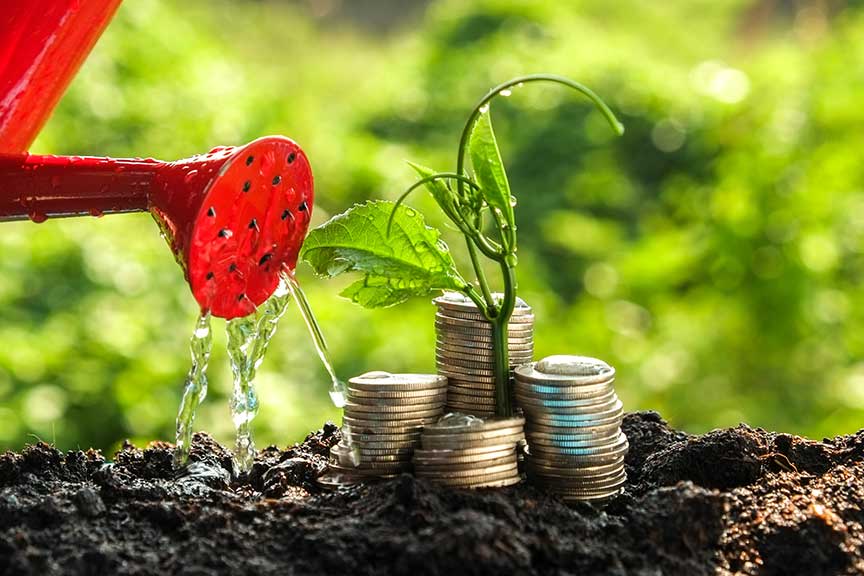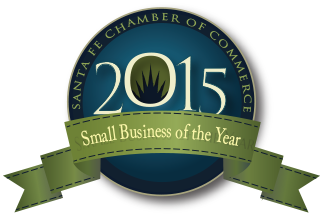
17 May What does Big Data say about wealth-building and happiness?
American data-scientist, author and New York Times’ op-ed contributor Seth Stephens-Davidowitz just came out with his latest book Don’t Trust Your Gut (Harper Collins, May 2022). Subtitled “Using Data to Get What You Really Want in Life,” Stephens-Davidowitz pours through scholarly research on dating profiles, tax records, career trajectories and other massive troves of data to answer the age-old question: What Makes Us Happy?
Stephens-Davidowitz answers are surprising and counter-intuitive. Relevant to buying and selling businesses is his insight regarding business ownership. “First, rich people own,” he writes. “Among members of the top 0.1 percent, the researchers found, about three times as many make the majority of their income from owning a business as from being paid a wage. Salaries don’t make people rich nearly as often as equity does.”
Other highlights he shared in his New York Times op-ed “The Rich Are Not Who We Think They Are. And Happiness Is Not What We Think It Is, Either” include:
- Own an “unsexy businesses.” Record stores, toy stores, cosmetic stores all tend to fold within four years as compared to auto repair shops, and business equipment contractors.
- In particular, regional businesses, such as vehicle dealerships and beverage distributors tend to, on average, produce the richest Americans, defined as the 0.1 percent who earn $1.58 million or more a year.
- What tends to make dealership and beverage distributorships the makes these money-makers brings us to his next point: Successful businesses tend to dodge ruthless price competition
- Is it true that money can’t buy you happiness? The research is mixed. The magic number is $75,000 per year, with a marked different in the happiness quotient for those below and above that line. After $75,000 a year, you’d need to double your annual salary before you start realizing intangible “happiness dividends” to your wealth. In other words, wealth has diminishing returns after a certain level.
- Working hard at a job that makes you miserable is not a pathway to happiness. “Of 40 activities,” writes Seth-Davidson, “only being sick in bed makes people less happy than working.”
- The activities that generate the most enjoyment are sex, exercise and gardening.
- Happiness tends to be more consistent when people are out in nature, particularly in a scenic setting.
Stephens-Davidowitz’s full article can be found here and his Don’t Trust Your Gut is available on Amazon and your local bookseller.









